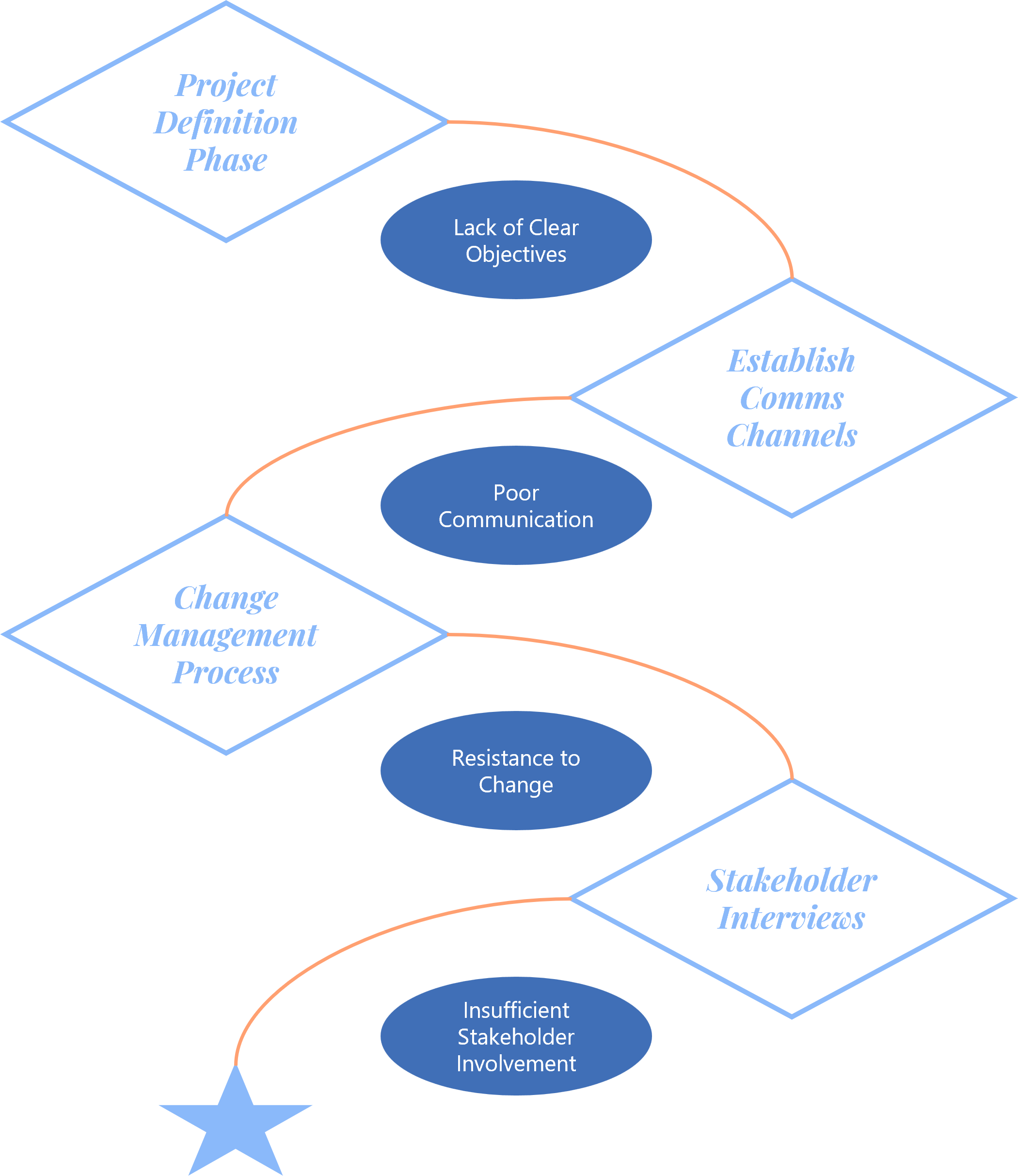insights
Strategies for
Navigating Success


What can sailing teach us about leadership in the tech industry? In "Navigating Leadership: Lessons from the Helm," discover how adaptability, a positive mindset, and continuous learning can transform your leadership approach. Inspired by a thrilling victory at a women's regatta, this post delves into the power of neuropsychology and real-world experiences to foster innovation and resilience. Are you ready to navigate the uncharted waters of leadership? Join the conversation and reflect on how these strategies can guide your team to success.
How can we lead like successful innovators? Riding on the Candela C-8, a revolutionary electric hydrofoil, reminded us of the importance of strategic focus, a passionate team, and clear communication—keys to success in any industry.
Many organizations fail to address the unique learning needs of today’s leaders. With remote work on the rise and leaders struggling to balance burnout with performance, training must be more than just instructional; it must be applicable, personalized, and directly related to the challenges leaders face.
After a weekend of incredibly competitive sailing in my growth zone, totally “playing up” with and against some amazing sailors, legends and legends in the making, my takeaway is connect, don’t compete. How does that contribute to winning? Read on (to paraphrase a great umpire line).
It's simpler (and more fun!) than you think.
Learn how you can unplug and recharge and bring it back to your organization.
Fast-paced environments can make it hard to see clearly what is going on. When your are in the middle of your business world, it may be hard to make sense of why things are stagnating, what is most important, and how to get everyone "on board." How can you get clarity?
How can investors reduce relative risk of bankruptcy by 900%? Learn from the lessons of Beautycounter.
A song has soared and swooped along with our sailing results the last few weeks. How the lyrics helped me understand how and why we got better.
Sometimes it is hard to know how to react to major disasters. That is okay. There is not a road map. We need to breathe before we act to adapt.
It is possible – in life and business – to avoid the drama and the pitfalls. Proactive risk mitigation and success management are essential.













